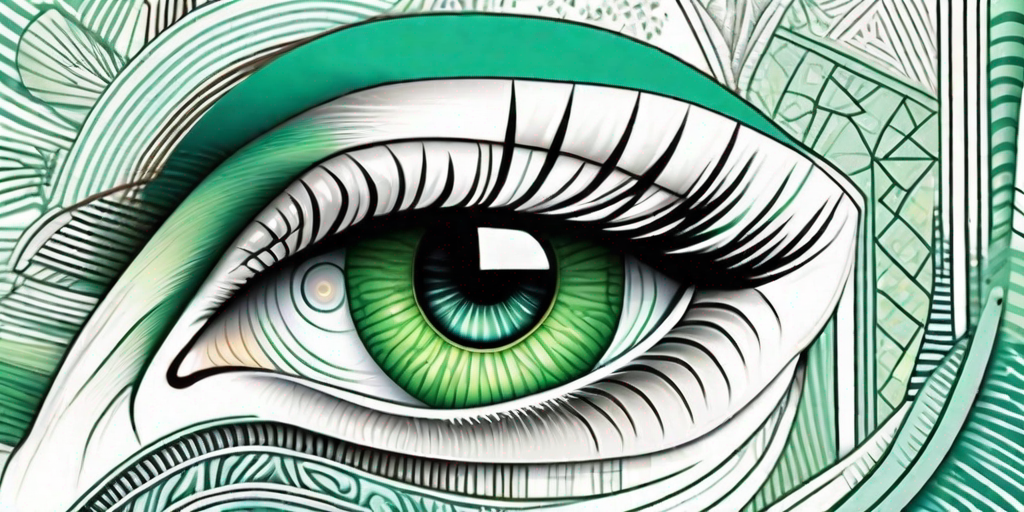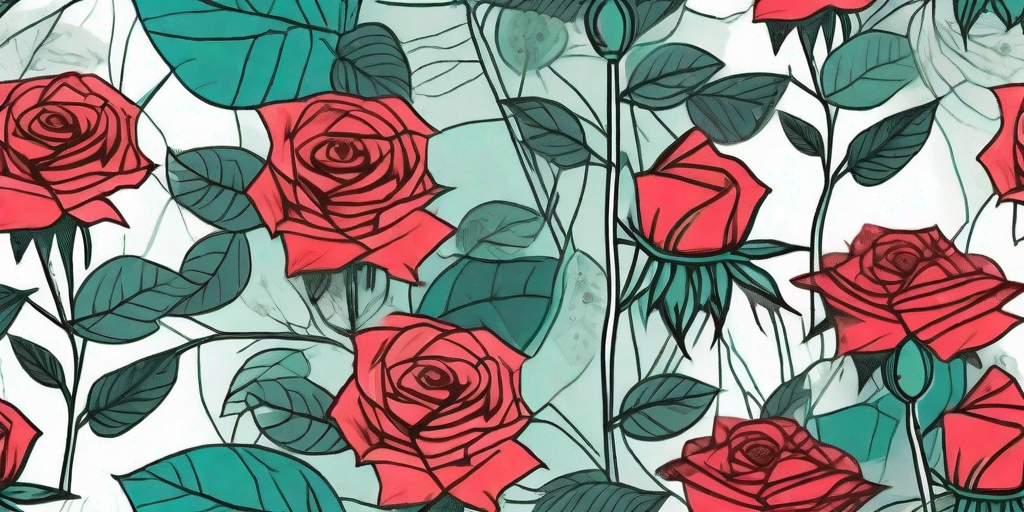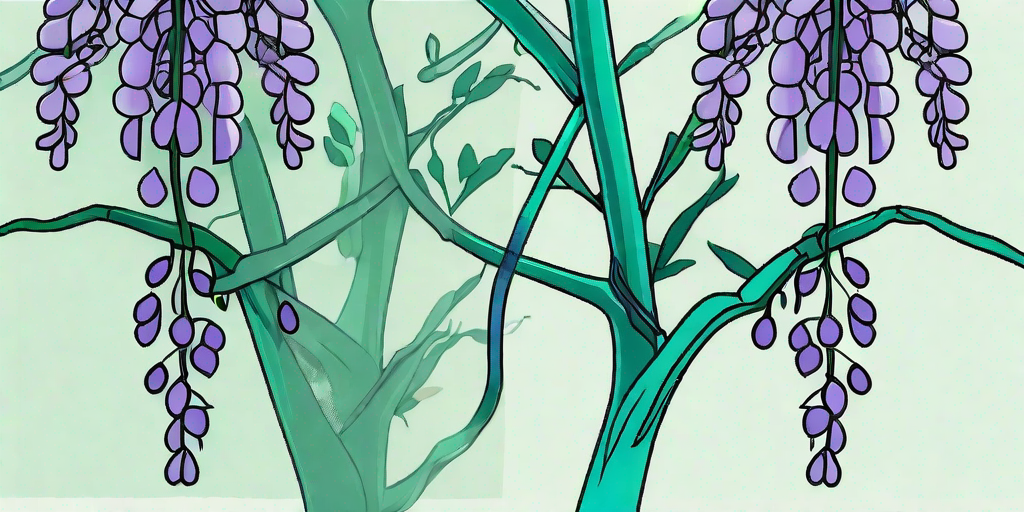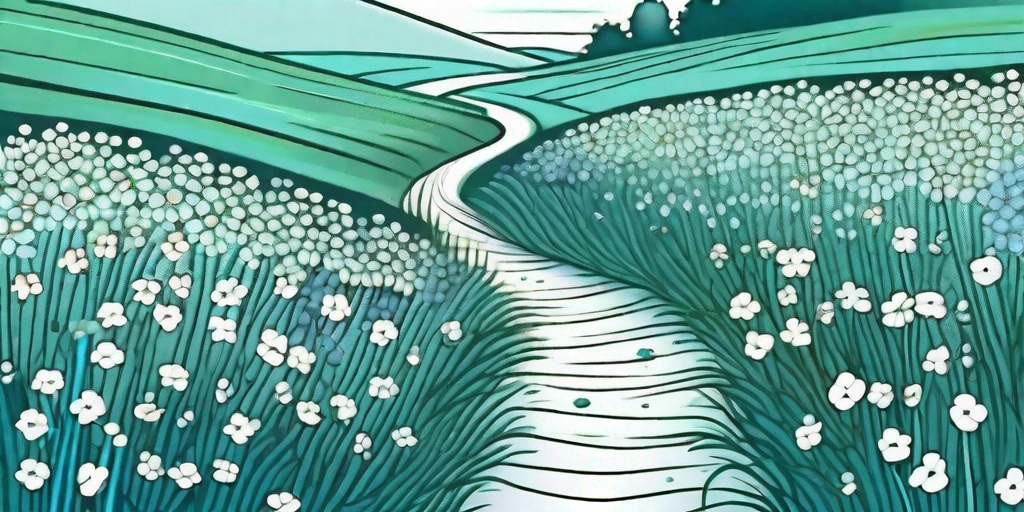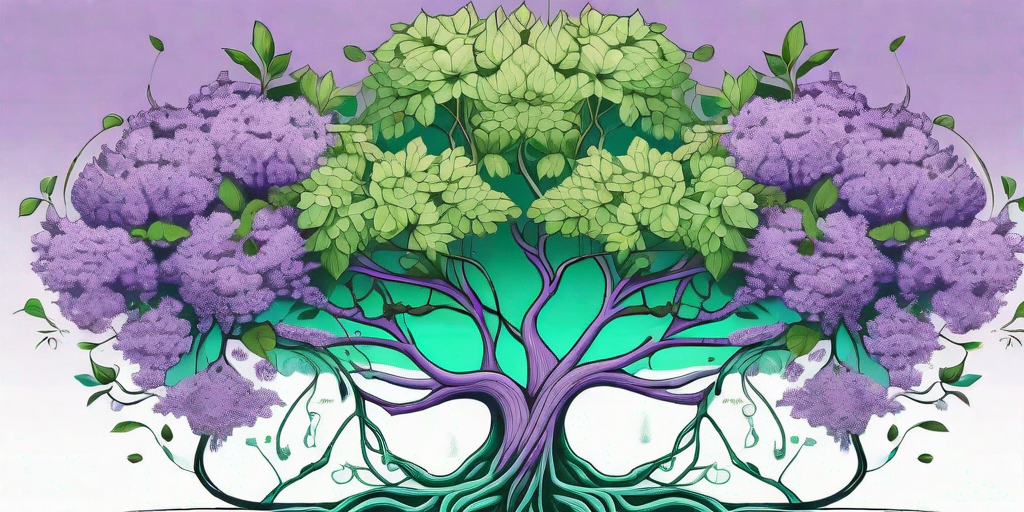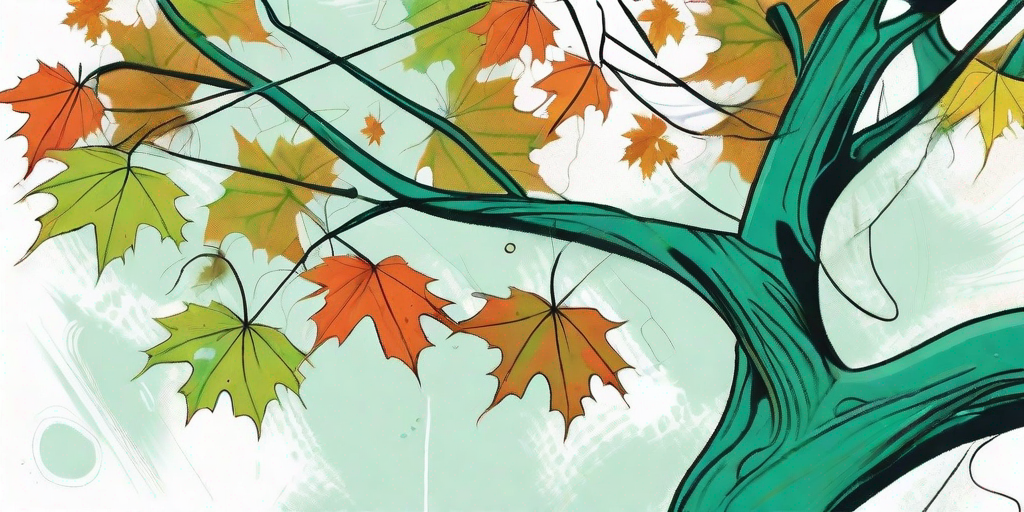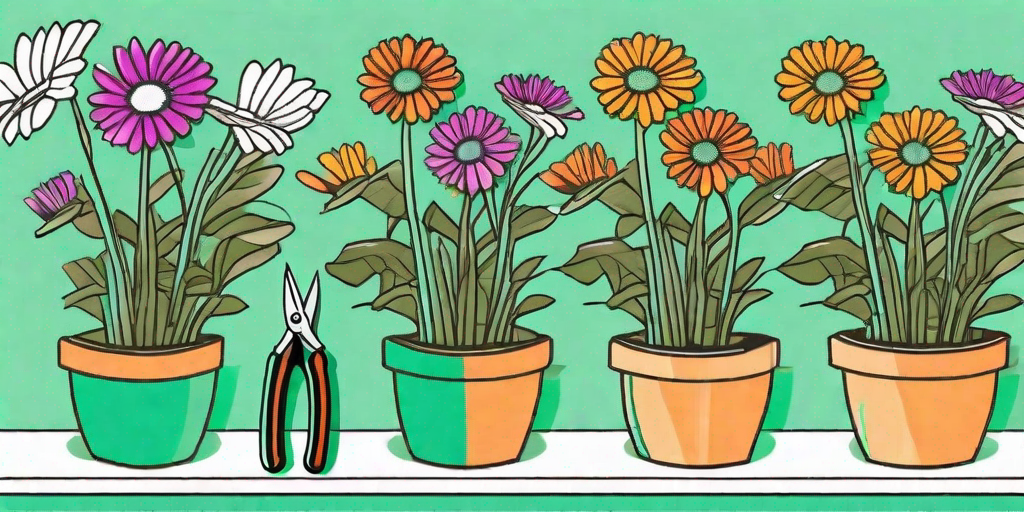
Ever looked into the mirror and wondered why your eyes are the color they are? Or perhaps you've been captivated by the mesmerizing blue eyes of your crush and wondered what magical potion their ancestors must have drunk to pass down such enchanting genes. Well, buckle up, because we're about to embark on a journey to unlock the mystery of iris color and what it may reveal about you. Spoiler alert: it's not magic, but it's pretty darn close.
The Science Behind Eye Color
Genetics: The Blueprint of Eye Color
Let's start with the basics. Your eye color, like your height or your inexplicable love for pineapple on pizza, is determined by your genes. Specifically, two genes: OCA2 and HERC2. These two genes, located on the 15th chromosome, are like the architects of your iris color. They determine how much melanin, a pigment responsible for color, is produced in your iris.
Here's the fun part: more melanin equals darker eye color. So, if you have brown eyes, you're basically a melanin mogul. If you have blue eyes, you've got less melanin, but hey, you're in the same club as Ryan Gosling and Taylor Swift, so who's the real winner here?
The Role of Light
But wait, there's more! Light also plays a role in the color of your eyes. You know how your eyes look a different color in photos or under different lighting? That's because the iris doesn't just absorb light - it also scatters it. This scattering, known as Rayleigh scattering, can make your eyes appear a different color depending on the lighting conditions.
So, next time you're trying to take the perfect selfie and your eyes look a different color, don't panic. You're not turning into a werewolf (unless it's a full moon, in which case, we can't help you).
What Your Eye Color May Reveal About You
Health Implications
Did you know that your eye color can potentially reveal certain health risks? For instance, studies have found that people with light-colored eyes may have a higher risk of age-related macular degeneration, while those with dark eyes may be more prone to developing cataracts. But don't fret, this doesn't mean you're doomed if you have a certain eye color. It's just one piece of the puzzle, along with lifestyle and other genetic factors.
On a lighter note, if you have blue eyes, you may have a higher tolerance for alcohol and a lower tolerance for pain. So, while you might be the life of the party, you might also be the first one to cry when chopping onions. It's all about balance, right?
Personality Traits
Now, let's dive into the fun stuff. Can your eye color reveal your personality traits? Some studies suggest so. For instance, one study found that people with dark eyes are generally seen as more agreeable, while those with lighter eyes are often perceived as more competitive. Another study found that people with blue eyes are more likely to be wary of new things, while those with brown eyes may be more outgoing.
But remember, these are just general trends and not set in stone. After all, your eye color doesn't determine your destiny. So, if you have blue eyes and you're the most outgoing person in the room, keep doing you!
FAQs
Can Eye Color Change Over Time?
Yes, it's possible. Most babies are born with blue or gray eyes, but their eye color can change in the first few years of life as their bodies produce more melanin. In some cases, eye color can also change in adulthood due to certain medical conditions or medications.
Can I Change My Eye Color?
While there are cosmetic procedures and contact lenses that can change the appearance of your eye color, it's generally not recommended to alter your eye color permanently for cosmetic reasons due to potential risks and complications.
Conclusion
So, there you have it - the mystery of iris color, unlocked. Whether you're a melanin mogul with brown eyes or a member of the blue-eyed club with Ryan Gosling, your eyes are a unique part of who you are. They're a product of your genetics, influenced by light, and may even reveal a bit about your health and personality.
But remember, while it's fun to explore what your eye color may reveal about you, it's just one piece of the puzzle that makes you, well, you. So, here's looking at you, kid.



